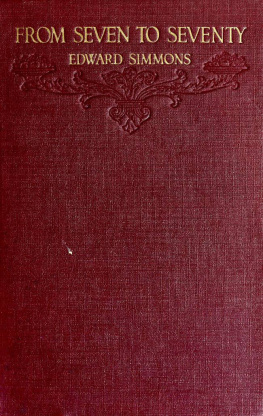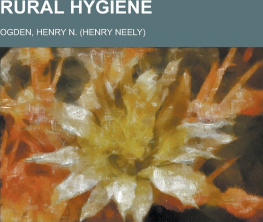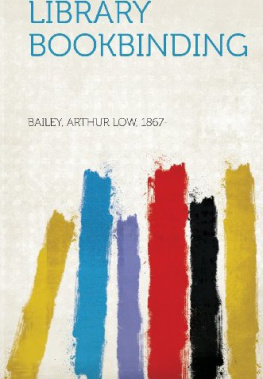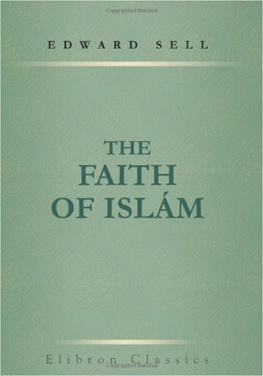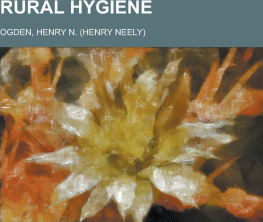[Pg i]
MAKERS OF
MODERN AGRICULTURE
[Pg ii]
MACMILLAN AND CO., Limited
LONDON BOMBAY CALCUTTA MELBOURNE
THE MACMILLAN COMPANY
NEW YORK BOSTON CHICAGO DALLAS SAN FRANCISCO
THE MACMILLAN CO. OF CANADA, Ltd.
TORONTO
Jethro Tull
Founder of the Principles of Dry-Farming. 1674-1740.
[Pg iii]
MAKERS OF MODERN AGRICULTURE
BY
WILLIAM MACDONALD, D.Sc.
Editor, "Agricultural Journal," Union Department of Agriculture,
South Africa; and Corresponding Secretary for the
International Dry-Farming Congress
MACMILLAN AND CO., LIMITED
ST. MARTIN'S STREET, LONDON
1913
[Pg iv]
COPYRIGHT
Richard Clay and Sons, Limited,
BRUNSWICK ST., STAMFORD ST., S.E., AND
BUNGAY, SUFFOLK.
PREFACE
When it is remembered what a prominent part Agriculture plays in the history of all Nations, it does seem strange that so little is known of the lives of those pioneers who have been foremost in the discovery of fundamental principles, improved methods, and labour-saving machines. Perhaps it is that farmers as a whole are not specially fond of reading. This, however, is not to be wondered at, because after a long day's work in the open air it is hard to rivet one's mind on anything more serious than the headlines of a daily newspaper, or the rose-tinted pictures of a rural magazine. Still, it is safe to prophesy that the successful farmer of the future will not only be a hard worker, but also a hard reader. And biography brings before us, in a vivid manner, the onward march of modern Agriculture.
It is also of interest to note how much Agriculture owes to men who could scarcely be called practical farmers. Indeed, the author has been impressed, contrary to common opinion, with the success of the Townsman who takes to farming. But this is really no more surprising than that the simple-hearted farm lad should forsake the Old Homestead for the fascinations of the City, and by reason of his character, courage, and industry, become in a few years the Captain of some great commercial enterprise. There will always be the ceaseless ebb and flow of the human tide between country lane and crowded street. But it is surely our plain duty to do something to make the life of the worker in the field less dull and lonely, and more attractive by the erection of pleasant cottages and the establishment of rural industries: while, at the same time, we try to brighten the life of the toiler in the town by freehold garden lots and sunlit, open spaces.
I desire to thank the Editors of the several papers in which these Sketches have appeared for kind permission to republish them in book form: The Graphic (Chapter I), The Star, Johannesburg (Chapter II), the Rand Daily Mail (Chapters III and IV), and the Sunday Post (Chapter V). To the Journal of the Royal Agricultural Society of England, I am indebted for the frontispiece (Jethro Tull), as well as for much valuable information.
Royal Agricultural Society of England,
16, Bedford Square, London,
September 1st, 1913.
CONTENTS
| PAGE |
| Portrait of Jethro Tull Frontispiece |
| I. | 1 |
| II. | 16 |
| III. | 39 |
| IV. | 54 |
| V. | 68 |
[Pg x]
"One comfort is, that Great Men, taken up in any way, are profitable company." Carlyle.
[Pg xi]
[Pg xii]
MAKERS OF MODERN AGRICULTURE
CHAPTER I
JETHRO TULL : FOUNDER OF THE PRINCIPLES OF DRY-FARMING
"For the finer land is made by tillage the richer will it become and the more plants will it maintain." Jethro Tull.
Eight miles to the north-west of Reading, on a lovely reach of the River Thames, lies the parish town of Basildon, in the County of Berkshire. Here, in the year 1674, was born the man who revolutionized British agriculture and laid the foundations for the "Conquest of the Desert." Yet, strange as it may seem, until the other day Tull's grave was unknown, and even now no monument marks the resting-place of this illustrious husbandman. His family was of ancient and honourable lineage, and he was heir to a competent estate. At seventeen he entered his name on the register of St. John's College, Oxford; but he did not proceed to a degree. Two years later he was admitted as a student of Gray's Inn, and was, in due course, called to the Bar. It is probable that Tull studied law not so much with the thought of taking it up seriously as a profession, but simply in order to better fit himself for a political career. Ill-health, however, made him turn his attention to farming. At the age of twenty-five he married a lady of good family, Miss Susanna Smith, of the County of Warwick, and then settled down to farm in Oxfordshire.
His first farm was Howberry, in the parish of Crowmarsh. The land of this farm was fertile and renowned for heavy crops of both wheat and barley. Here Tull lived and toiled for nine years, till at last his health broke down and he was ordered south to the milder climate of France and Italy. So he decided to sell a portion of his Oxfordshire estate and send his family to another farm in Berkshire named "Prosperous," situated in the parish of Shalbourne. After an absence of three years Tull returned to "Prosperous Farm"a place for ever famous in the annals of agriculture. Here he lived for twenty-six years to the close of his strenuous, chequered career. Of this farm, Tull writes: "Situated on a little chalk on one side and heath on the other, the soil is poor and shallowgenerally too light and too shallow to produce a tolerable crop of beans. This farm was made out of the skirts of others; a great part was a sheep down with a full reputation of poverty."
While in Europe Tull took special note of the deep and careful cultivation of the vineyards, where the tillage of the soil between the rows of the grape vines was made to take the place of manuring the land. On his return to England he tried this method at "Prosperous Farm," first with turnips and potatoes, and then with wheat. And by adopting this simple system with some few modifications of his own, he was enabled to grow wheat on the same fields for thirteen years continuously without the use of manure.
It was on his farm of Howberry that Tull invented and perfected his drill in the year 1701. He has told the story of this invention in the pages of his great work. Finding his plans for growing sainfoin hindered by the distaste of his labourers for his new methods, he resolved to try to "contrive an engine to plant St. Foin more faithfully than such hands would do. For that purpose I examined and compared all the mechanical ideas that ever had entered my imagination, and at last pitched upon a groove, tongue, and spring in the sound-board of the organ. With these, a little altered, and some parts of two other instruments, as foreign to the field as the organ is, added to them, I composed my machine. It was named a drill, because, when farmers used to sow their beans and peas in channels or furrows by hand, they called that action drilling." And thus Tull's drill, taken from the rotary mechanism of his favourite organ, is the pioneer of all modern planters. His first invention was what he termed a drill-plough to sow wheat and turnip seed three rows at a time.
A leguminous plant cultivated for fodder.
It was this invention that led Tull to enunciate his first principle of tillage, namely,


